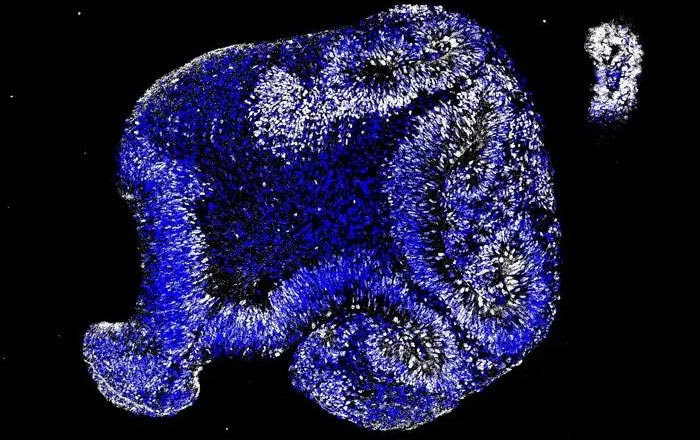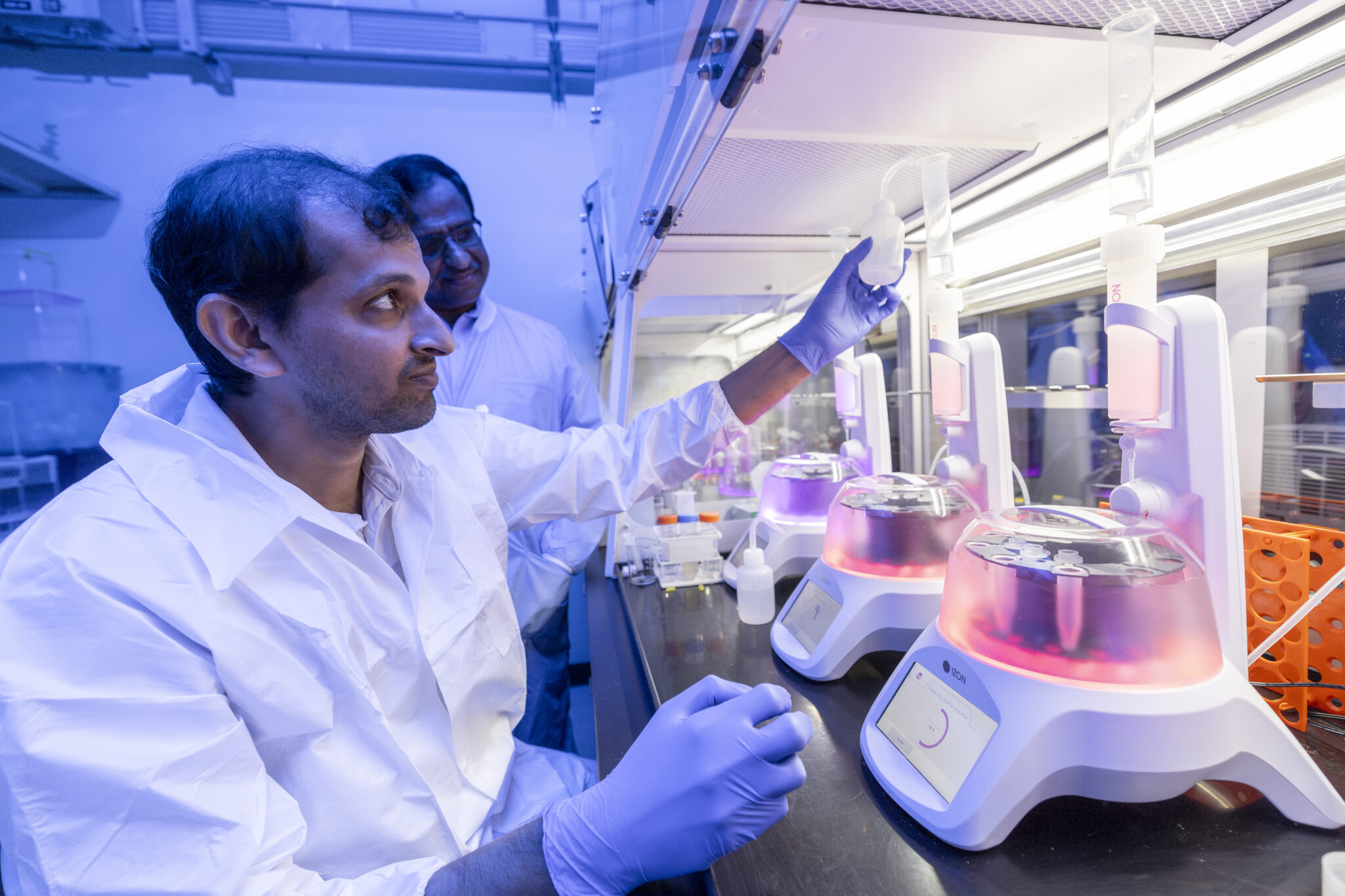By Genetic and Engineering News
Alzheimer’s disease (AD) is the sixth leading cause of death in the United States. However, the exact cause of AD remains unknown. Existing approved treatments for AD are designed to target the already existing AD neuropathology, potentially limiting their effectiveness as they may be administered too late to see significant effects. Now, researchers at the University of Texas at San Antonio report they have created a stem cell model of human brain development that may pave the way for studying AD in its early stages and may potentially identify more preventative treatments.
The findings are published in Stem Cell Reports in an article titled, “Familial Alzheimer’s disease associated PSEN1 mutations affect neurodevelopment through increased Notch signaling.”




